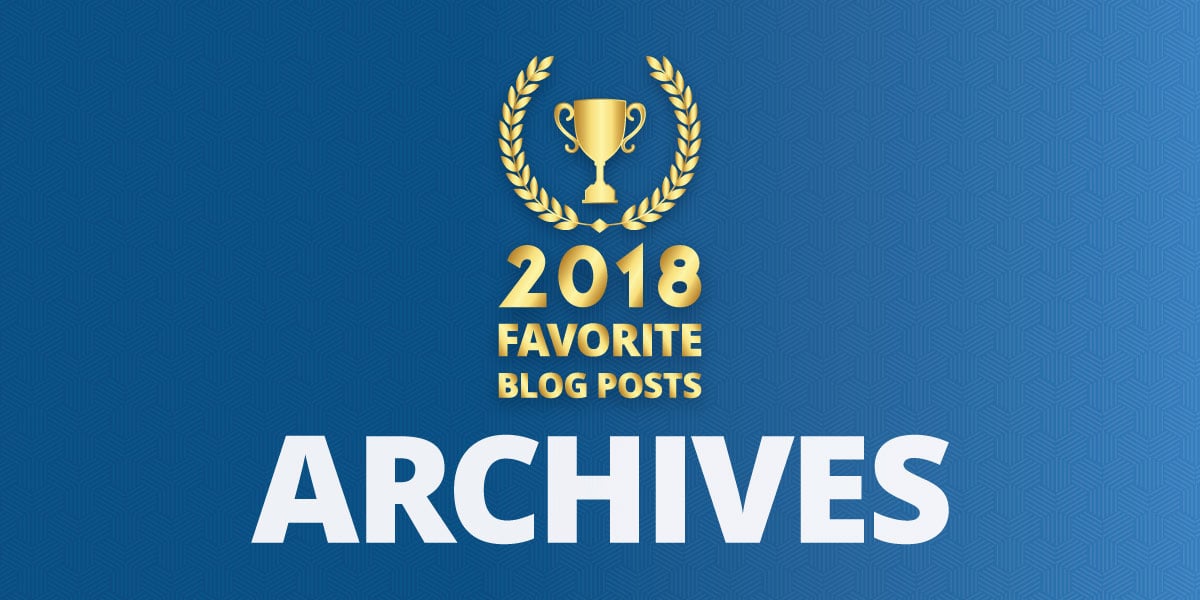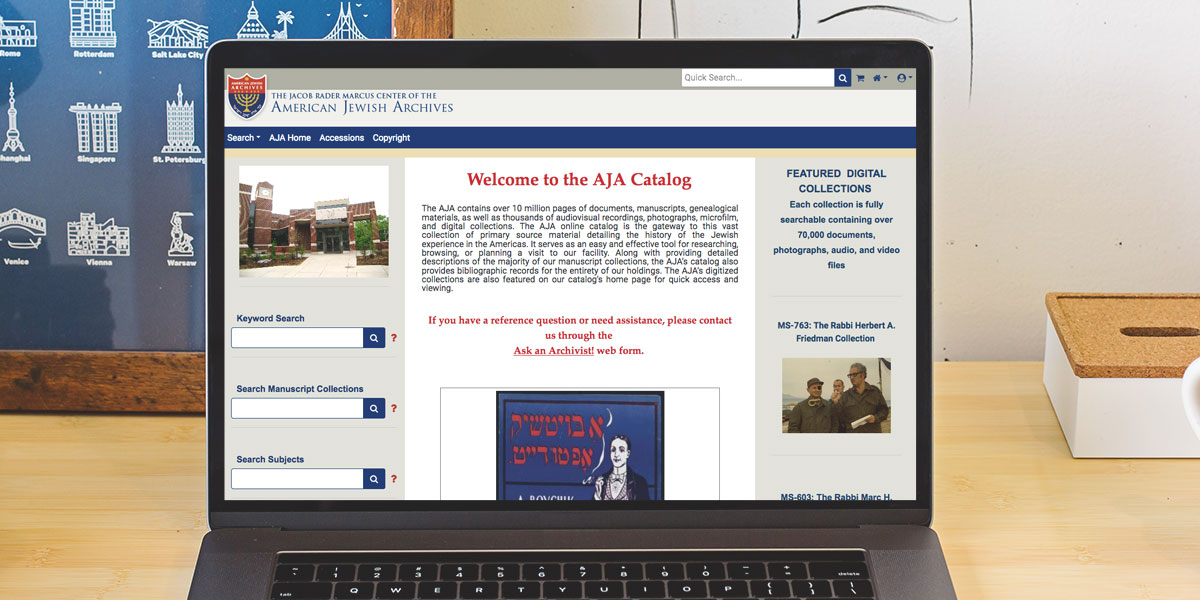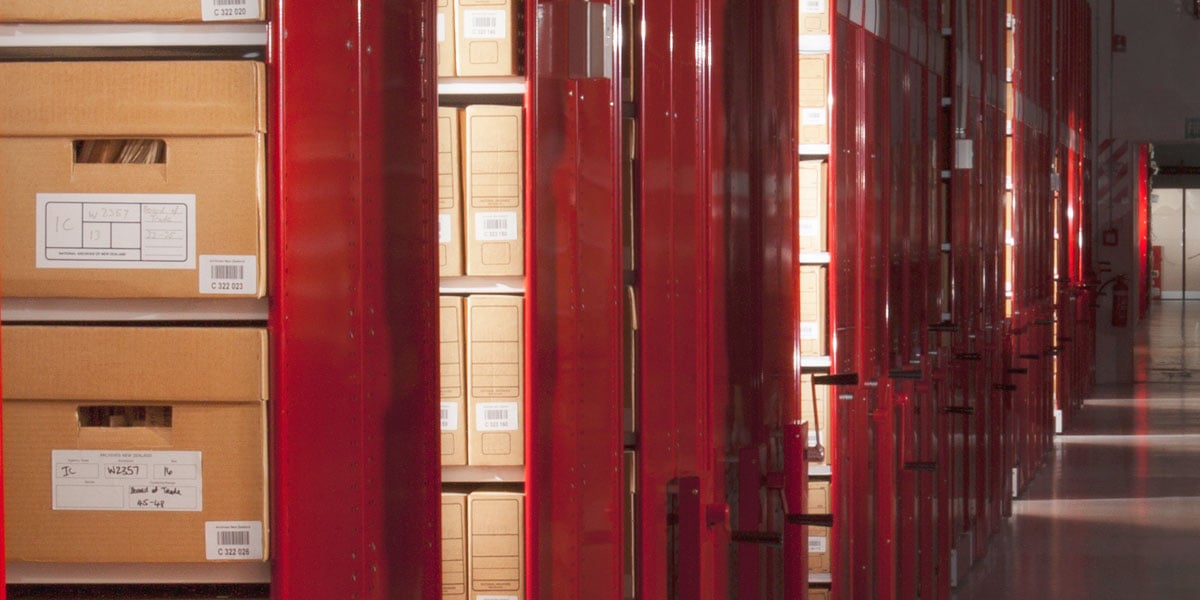Projects enable archivists to undertake roles that differ from their usual positions and are training grounds for leadership. Team members likely have other responsibilities in addition to their work on the archival project. Identify gaps in skills or resources, and then begin to locate people to resolve staffing issues. Determining basic team member roles up front allows projects to move forward with vision and vigor.
We've Moved!
Think Clearly has a new home! Click here to see our latest posts.
*If there’s older content you’d like to catch up on, you can browse right where you are, until Friday, April 5th.
We know it takes a minute to get used to change!
Archival project managers can create highly functional teams that embrace change, honor individual diversity and contributions, and demonstrate good faith and goodwill. There are many aspects of team-building to consider, including the fundamentals of team size and composition.
Topics: Strategy, Archives, Project Management
Managing Expectations for Archival Projects: Tips for Archives Project Managers
Delivering a project on time, on budget, and with quality doesn’t always mean it’s successful. And even if expectations of cost and speed are met—or were unrealistic—stakeholders are the final judges of the project. In their eyes, the project may be late, over budget, or inferior quality.
Topics: Strategy, Archives, Project Management
People are fundamental to every aspect of an archival project. They commission projects, provide resources, support (or challenge) projects, and produce results. People deliver projects as managers and team members, and others influence projects as sponsors and archival project stakeholders. How people behave and feel about the project influences its success.
Topics: Professional Development, Strategy, Archives
Project managers are expected to be both good managers and leaders. Leadership is one of the most critical competencies a project manager must have. Leadership in archival projects is demonstrated through setting the vision for the project and supporting strategy, and creating a shared vision with the team. Archival leaders create an environment that encourages the best in team members, allowing them to develop and learn.
Topics: Professional Development, Digital Archives, Archives
Project managers for archival projects have a wide variety of responsibilities. They oversee activities, serve as liaisons between departments, and facilitate meetings. They hire staff, attend professional development activities, and review instructional materials. This post covers characteristics of effective archival project managers.
Topics: Professional Development, Strategy, Archives
Digital Archives: How and Why to Write Digital Preservation Policy
Most archives repositories find it a challenge to keep a balance between meeting the needs of their users, their administration, and their collections. The hands-on tasks involved in the daily management of ever-growing collections of digital information leave little time for conceptual planning of the digital preservation program.
Topics: Strategy, Digital Archives, Archives
Preserving Digital Archives: Choosing Which Digital Archives to Preserve
Appraisal and selection for digital artifacts are similar in the broadest sense to the appraisal and selection of physical archival collections. The framework that each institution uses to guide its selection process is influenced by the scope and subjects of the collecting agencies.
Topics: Digital Archives, Archives, Technology
The sustainability of digital materials depends on standard file formats that will last for the long term. As technology changes rapidly, archivists and other information professionals need to use a narrow set of sustainable file formats to retain information between systems and programs. As new formats develop, sustainability must become part of the design process from the beginning to make the efforts of digital preservation successful.
Topics: Digital Archives, Archives, Technology
The results are in! Guest blogger Margot Note’s archives blog posts have strong readership, but we noticed enthusiasm for three in particular, demonstrating readers’ interest in digital archives, and what digitization means for preservation and description. They’re worthy of a reprise, and just in case there’s anyone out there who missed them the first time… please read on!
Topics: Digital Archives, Archives, Collections Management
The Jacob Rader Marcus Center of the American Jewish Archives (AJA) is located on the Cincinnati campus of the Hebrew Union College-Jewish Institute of Religion. It was established in 1947 by renowned historian Dr. Jacob Rader Marcus to collect, preserve, and make available for research, materials on the history of Jews and Jewish communities in the Western Hemisphere.
Topics: Inmagic Presto, KM, Archives, Collections Management
As our understanding of digital preservation, curation, and stewardship matures, archivists and other information professionals have begun to question some of our assumptions about preservation. To address current needs, the practices we have developed and taken for granted for decades are transforming in the digital environment.
Topics: Digital Archives, Archives, Collections Management
On-Site or Off-Site Storage - Part 5: A History of this Long-term Solution
Off-site and remote storage facilities are not new. They were developed in the 1930s and continue to be important for preservation and long-term retention of materials. They provide a long-term solution for paper and microfilm records, sound and video recordings, and now data.
Topics: Special Libraries, Strategy, Digital Archives, Archives
The Information Age spawns questions for the future. How will we ensure long-term access to information, growing exponentially every day? How will we migrate data as technology moves from one medium to the next? Who determines what’s saved, and what criteria will be used to make those decisions? Most importantly, what is the cost of preservation? Who will pay for it?
Topics: Professional Development, Digital Archives, Archives
The challenge that many archival repositories face is assimilating digital preservation activities into everyday workflows. In my past positions, preservation of digital assets was an afterthought—if thought about at all. As a consultant, I’ve found that planning for long-term digital preservation is still unclear in most digital initiatives. Awareness about digital preservation is growing, though work and education are still needed.
Topics: Strategy, Digital Archives, Archives
A clear understanding of the scope is the basis on which successful archival projects are built. Without it, archivists will struggle to deliver a project well.
Topics: Professional Development, Strategy, Archives
Archivists can use several elicitation techniques to gather requirements for their projects. These methods, ranging from document analysis to in-depth interviews, provide ideas for needed projects.
Topics: Strategy, Digital Archives, Archives
Requirements for archival projects are different from goals and objectives. Requirements specify what the deliverables of the completed project must be. Requirements define the final product, service, or result. These are statements of quantitative criteria, each of which provides a measure of one or more of the project’s critical success factors. You can visualize the requirements when you consider the current condition of an organization and then examine its future state once the project is completed.
Topics: Professional Development, Strategy, Archives



















